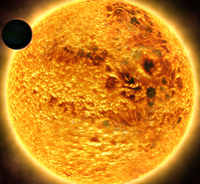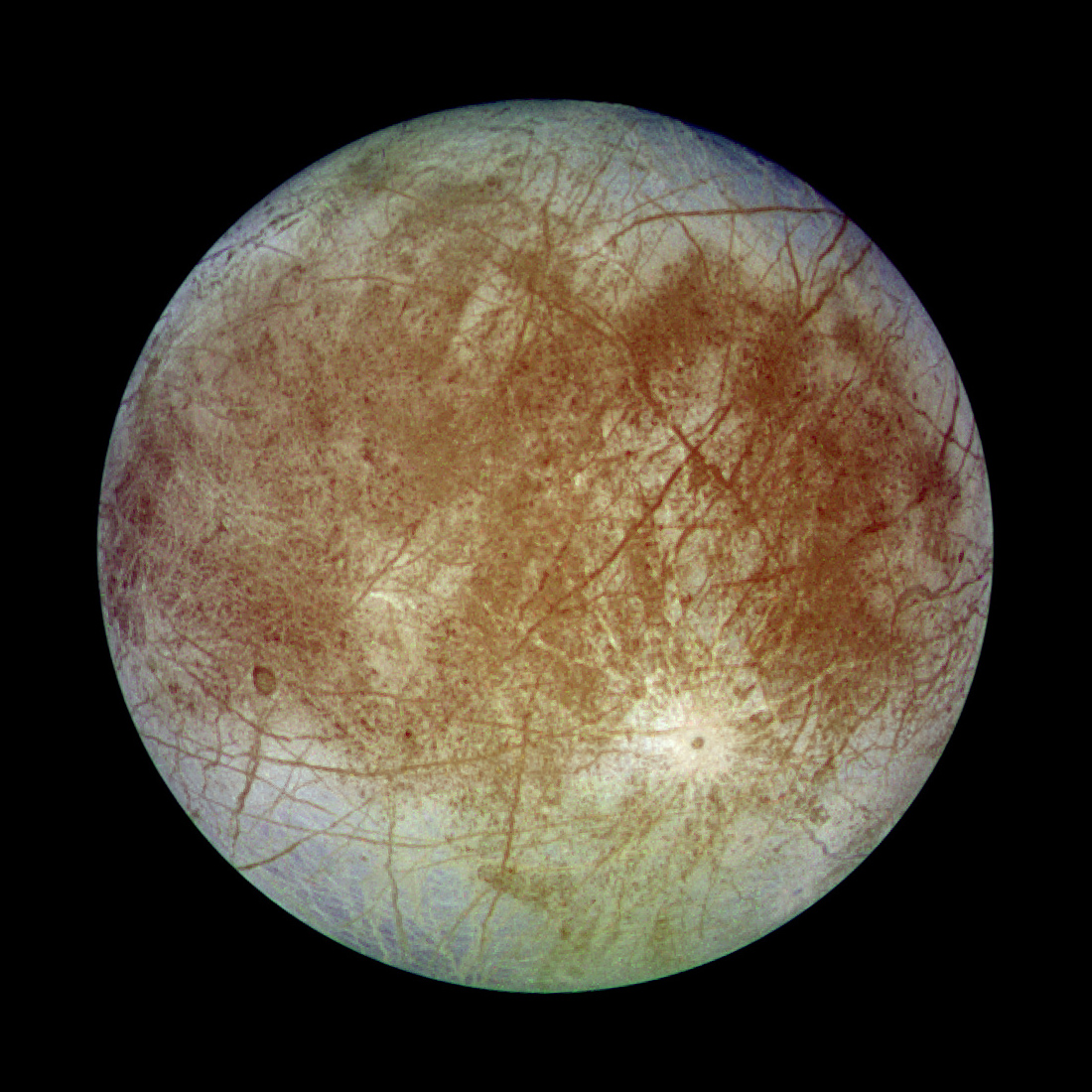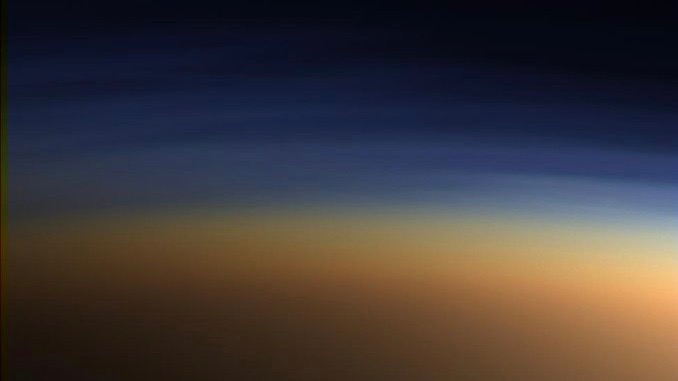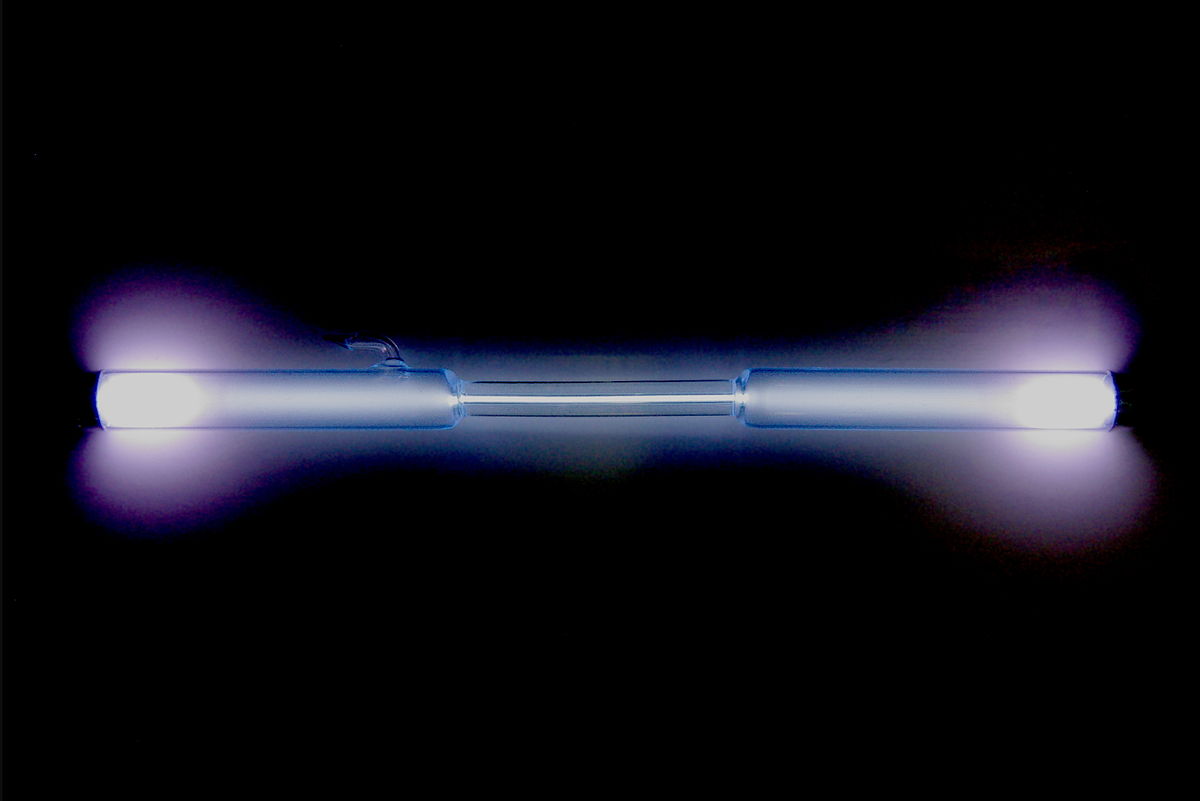
Thanks to the Kepler spacecraft, we now know that nearly every star in our galaxy possesses a planet. Understanding these planets is key to understanding our place in the universe. Over the past decade we have begun to characterize exoplanet atmospheres using ground and space based observatories. Such observations reveal clues to the composition and temperature structures of these planets. Dr. Line will discuss how we can use statistical methods combined with radiative transfer, known as atmospheric retrieval, to infer the temperatures and compositions of these planets, and will describe what we have learned about a small handful of extra solar planet atmospheres from these methods. Understanding the composition of these objects offer clues to the atmospheric chemistry, dynamics, their formation history. Time permitting, Dr. Line will address how we might apply these tools to earth-like transmission spectra and what we might be able to say about their atmospheres.
 Getting Under Europa’s Skin
Getting Under Europa’s Skin Tracing Formation and Evolution of Outer Solar System Bodies Through Stable Isotopes and Noble Gas Abundances
Tracing Formation and Evolution of Outer Solar System Bodies Through Stable Isotopes and Noble Gas Abundances Photosynthesis, a Planetary Revolution
Photosynthesis, a Planetary Revolution Xenon: King of the Gases
Xenon: King of the Gases